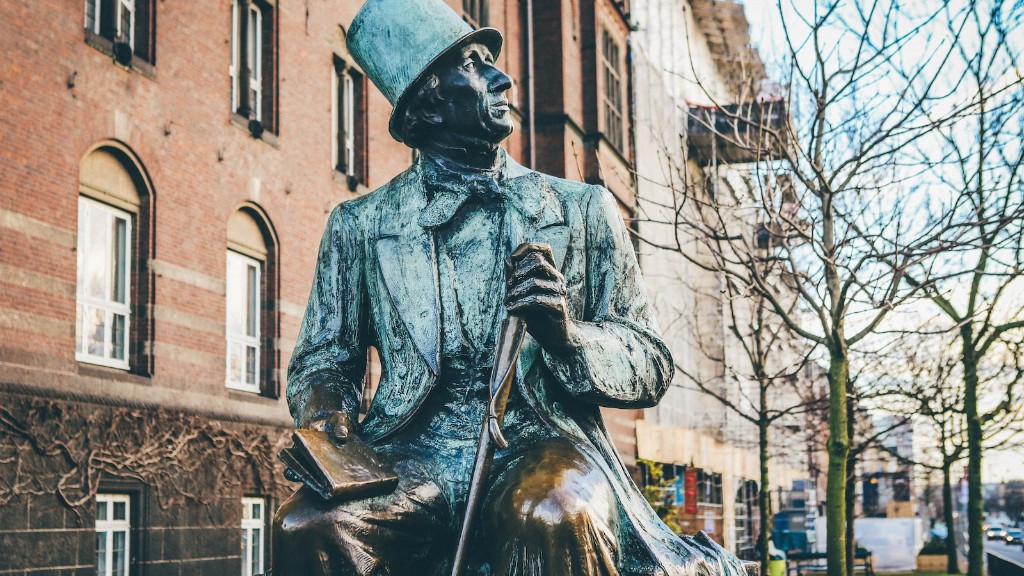Denmark Mass Shooting History
Mass shootings have been a tragic part of Denmark’s history, with several incidents that have affected the nation profoundly. These acts of violence have left families shattered, communities in grief, and a nation grappling with questions about security and gun control. Understanding the background, analyzing relevant data, and exploring perspectives from experts can provide valuable insights into this alarming issue.
Denmark, known for its peaceful society and low crime rates, had its first notable mass shooting incident in March 2009. At the Nørrebro district in Copenhagen, a lone gunman went on a shooting spree, targeting a cultural center hosting a debate on freedom of speech. One person was killed, and several others were injured before the assailant was subdued. This shocking event sent shockwaves through Danish society, forcing citizens to confront the reality that they were not immune to such violence.
Experts attribute various factors to Denmark’s history of mass shootings. One such factor is the accessibility of firearms. Denmark has relatively liberal gun laws, allowing individuals to obtain licenses for hunting, sport shooting, and self-defense. However, this easy access to firearms raises concerns about them falling into the wrong hands. Critics argue that stricter gun control measures could potentially prevent some of these tragic incidents from occurring.
Data from global databases reveal that Denmark’s incidence of mass shootings is relatively low compared to countries like the United States. However, given Denmark’s smaller population, these incidents have a significant impact on society. The country has experienced multiple cases of mass shootings in the following years, each leaving a lasting scar on the collective memory. It is crucial to recognize that even a single incident has a profound effect on individuals, families, and an entire nation.
An important aspect of understanding mass shootings in Denmark is to explore the perspectives of experts who have studied this phenomenon extensively. According to criminologist Lars Holmberg, who specializes in mass shootings, these acts of violence often stem from a combination of personal grievances, mental health issues, and a desire for notoriety. Holmberg argues that focusing on early intervention programs, mental health support, and recognizing warning signs could potentially prevent some of these tragedies.
Beyond the data and expert perspectives, it is essential to examine our societal response to mass shootings. After each incident, Denmark has come together to mourn, show solidarity, and emphasize the values that bond the nation. There is a strong emphasis on community, trust, and social cohesion in the aftermath of these tragedies. Support networks, counseling services, and initiatives promoting open dialogue have been established to help individuals heal and prevent further acts of violence.
As individuals, we must also reflect on how we can contribute to preventing mass shootings. Reporting suspicious activities, supporting mental health initiatives, and advocating for responsible gun control are steps that can play a role in fostering a safer society. By acting collectively, we can create an environment where such acts of violence become less likely to occur, and Denmark can continue to uphold its reputation as a peaceful and harmonious nation.
The Role of Media Coverage
In the wake of mass shootings, media coverage plays a crucial role in shaping public perception and response. While it is important to inform the public about such incidents, the sensationalized reporting often perpetuates a cycle of fear and potentially inspires copycat attacks. Responsible reporting that focuses on the human impact, addresses underlying issues, and offers insights into prevention strategies can contribute to a more informed and resilient society.
International Cooperation in Preventing Mass Shootings
Mass shootings, although often happening within national borders, require international cooperation to address fully. Sharing best practices, intelligence, and resources between countries can help develop comprehensive strategies to prevent these acts of violence. Collaboration should focus on early detection, intervention, and support systems, as well as combating the global issue of illegal firearms trafficking.
Impact on Danish Society
The trauma associated with mass shootings extends far beyond the immediate victims and their families. The entire Danish society feels the impact in terms of fear, grief, and a collective sense of vulnerability. Continued investment in mental health support, strengthening community resilience, and fostering a culture of empathy can aid in healing and moving forward while minimizing the likelihood of future acts of violence.
Lessons for Other Nations
Denmark’s experience with mass shootings offers valuable lessons for other nations seeking to prevent such tragedies. Striking a balance between personal freedoms and public safety, investing in mental health services, and addressing underlying grievances can contribute to reducing the vulnerability to mass shootings. By examining Denmark’s response and implementing relevant measures, countries can work towards building safer and more inclusive societies for all.



